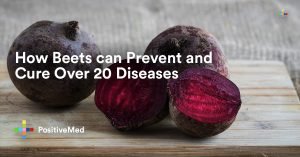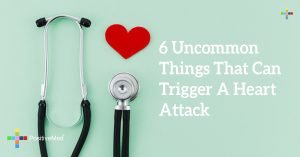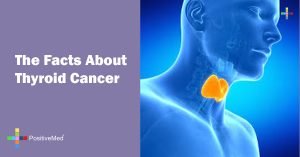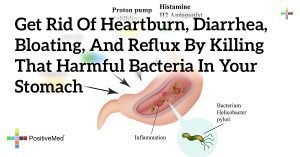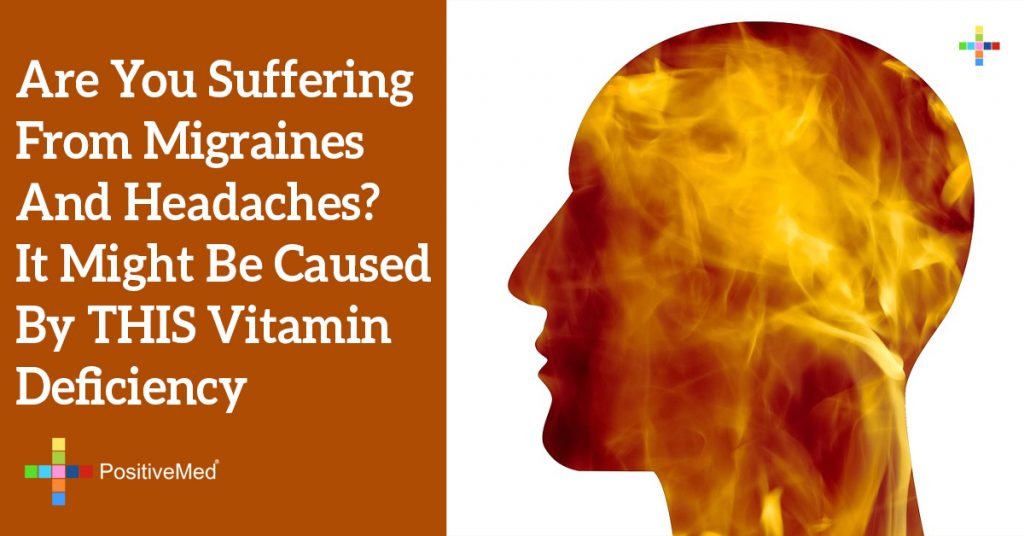
People who regularly suffer from migraines and headaches know how debilitating they can be. Though pain medications can be a short term solution, it is important to find and cure the cause of chronic headaches and migraines. If you frequently deal with migraines and do not have any underlying medical problems, the migraine could be due to a lack of Vitamin B.

Why Does Vitamin B Deficiency Cause Migraines?Though all B vitamins are an essential part of health, a deficiency in Vitamin B2, Vitamin B6, or Vitamin B12 is most likely to cause a headache. To understand the connection, it is necessary to understand what causes migraines. Migraines are often caused because of changes in blood flow to the brain. When a migraine occurs, blood vessels leading to the brain are constricted, causing a drop in blood flow. When a few arteries along the scalp and neck constrict, other arteries dilate rapidly to ensure that the brain gets enough oxygen. This rapid dilation causes the pain that triggers a migraine. High levels of certain compounds, such as homocysteine, can cause migraines to occur more often. In addition to promoting the general health of the circulation system, B6 and B12 both reduce homocysteine levels. Without Vitamin B6 and B12, the body produces too much homocysteine and creates weakened blood cells, which can lead to an increase in migraines.
RELATED ARTICLE: Natural Pain Relief for Chronic Headache and Migraine
How Can You Cure a Vitamin B Deficiency?There are several different ways to ensure that you are getting enough Vitamin B to avoid migraines and headaches. The easiest way to maintain proper levels of Vitamin B is just to eat foods rich in Vitamin B. However, this can be difficult for some people, especially vegetarians, so a daily oral supplement can provide the missing nutrients. For extreme cases of deficiency, a doctor may recommend an injection of B vitamins, since the body has trouble absorbing large doses of Vitamin B that are taken orally. For people who cannot take pills or dislike injections, Vitamin B can be administered through the nose. Both gels and nasal sprays can be used to coat the interior of the nose with a Vitamin B solution that will then be absorbed through the bloodstream.
What Foods Are High in Vitamin B?There are many different foods that you can eat to maintain proper Vitamin B levels. Vitamin B2, also called riboflavin, is naturally found in milk, yogurt, cheese, eggs, fish, chicken, asparagus, and spinach. It is important to get at least 1.1 milligrams of Vitamin B2 each day. People need at least 1.3 milligrams of Vitamin B6 each day. Vitamin B6 can be found in seafood, poultry, bananas, potatoes, and leafy green vegetables. Vitamin B12 is only found naturally in animal products. Good sources of Vitamin B12 include meat, poultry, dairy products, eggs, and fish. There are also many soy and grain products that are fortified with Vitamin B12, so vegetarians and vegans can also maintain adequate Vitamin B12 levels. A person does not need a lot of Vitamin B12 each day; the FDA recommends that people just get 2.4 micrograms each day. In general, meats, fish, and leafy green vegetables provide adequate sources of most B vitamins.

